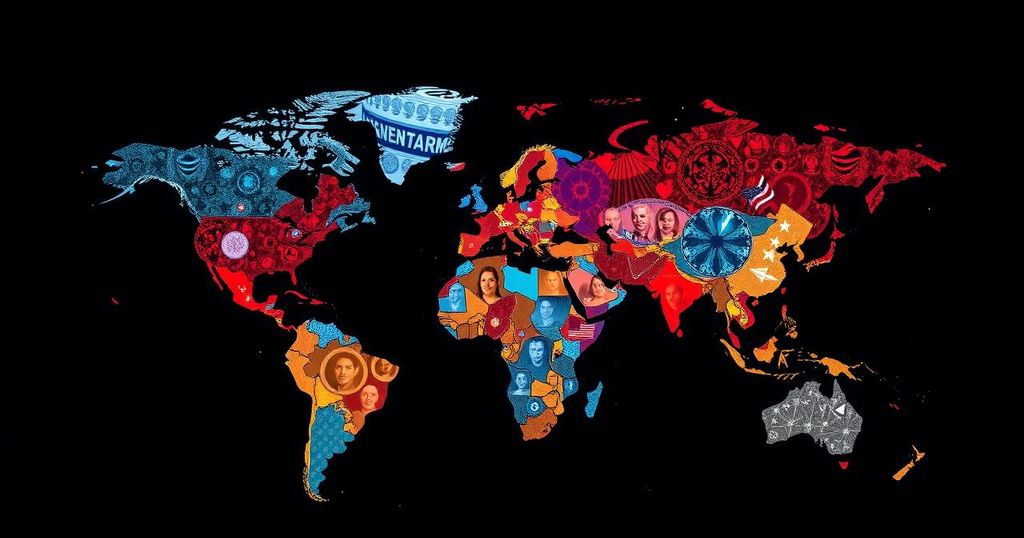Scientists Worldwide React to Trump’s Election: A Call for Preparedness

Following Donald Trump’s election victory, scientists worldwide expressed deep concern regarding the future of scientific integrity, climate policy, and public health amidst previous anti-science actions by Trump. With the Republican party retaining control of Congress, apprehensions surrounding the potential erosion of trust in science have become pronounced, echoing surveys that highlight declining public approval for scientific contributions.
On November 6, global scientists reacted with disappointment and concern following Donald Trump’s victory in the U.S. presidential election. Many fear repercussions for science and public policy due to Trump’s history of anti-science sentiments and actions during his previous term. Notable figures, including Nobel laureate Fraser Stoddart, expressed their sorrow for both the United States and the international community in light of this election outcome. According to Grazyna Jasienska, a researcher at Jagiellonian University, “We need to be ready for a new world” as uncertainties surrounding science and public health loom. Reevaluating the role of science in society, experts warn of a potential degradation in public trust, echoing sentiments from a recent survey indicating a decline in positive perceptions of scientific contributions to society since 2019. As voting results continue to be confirmed, Trump’s coalition has gained a substantial victory over his opponent, Kamala Harris, while Republicans seem poised to regain control of both the Senate and House of Representatives. This raises concerns for scientists regarding the continuation of policies that support climate change mitigation, public health initiatives, and overall scientific integrity. Trump’s previous remarks, labeling climate change a hoax and his intent to elevate anti-vaccine proponents within his administration, have substantially alarmed researchers worldwide. With the election’s outcome influenced by numerous societal concerns, 86% of respondents from a survey conducted by Nature had favored Harris, underscoring fears surrounding climate change and deteriorating democratic principles in the United States. The evolving political landscape has already triggered responses from the scientific community, with Tulio de Oliveira, a prominent virologist, suggesting relocation to South Africa for those seeking academic opportunities amid growing global uncertainties. The scientific community now confronts the immediate need to adapt to this political shift while fostering resilience against potential assaults on public trust in science. Lisa Schipper, a climate change specialist, articulates the stakes, stating that Trump’s second presidency “will be another nail in the coffin for trust in science.” Empirical data from the Pew Research Center corroborates this sentiment, revealing a notable decline in the percentage of Americans viewing science positively.
The election of Donald Trump as President of the United States signifies a potential shift in scientific policy and public perception of science. Past actions by Trump, which included withdrawing from international environmental agreements and promoting anti-science rhetoric, have raised alarms among the global scientific community. As the incoming administration’s approach remains uncertain, researchers are prepared for a challenging environment for scientific integrity and funding over the next four years.
The global scientific community is grappling with a daunting new reality following Donald Trump’s re-election. Heightened anxiety regarding potential attacks on science, public health policies, and climate change initiatives speaks to a broader concern for societal stability. The potential for declining public trust in science poses significant challenges, necessitating immediate reflection and proactive measures among scientists to protect the values of integrity and inquiry in their work.
Original Source: www.nature.com








